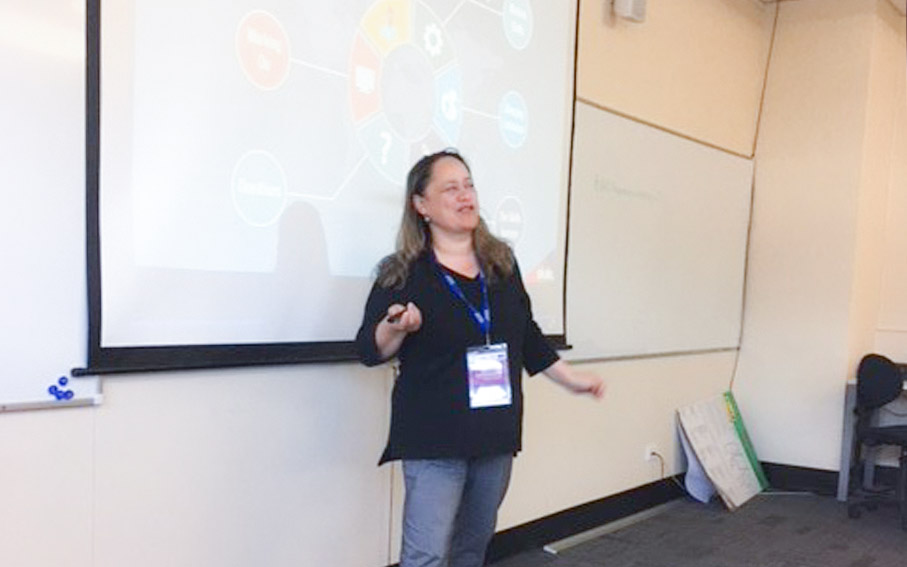How Innovation & Technology are Effecting the Way We Assess Learners
Loretta Rutene, Instructional Design Consultant with Skills Consulting Group, presented at the 2017 Assessing Learning conference in Dunedin. The theme for the event was innovations and trends in assessment and the opportunities they provide.
An abstract from her presentation can be seen below:
The dynamic twenty-first-century workplace environment compels industry training organisations to innovate and be agile in responding to new trends in learning and assessment. Learner profiles have changed dramatically with millennium learners, globalisation and an aging workforce. Technological advancements like artificial intelligence (AI) are triggering change: technology is being integrated into learning and educational delivery. In 2017:
- 67% of people use mobile devices to access learning.
- The average employee only has 1% of their work week to dedicate to professional development: that works out at 4.8 minutes a day.
As the modern learner has less and less time to dedicate to learning, our models must adapt. No longer is it sufficient for learners to have discipline-specific skills. Competencies (4Cs: Creativity, Collaboration, Critical thinking and Communication) and character qualities (like initiative and persistence) are critical to learner success.
The Skills Organisation (aka Skills) has embarked on a journey – with the workplace learner at its core –reviewing and challenging existing models of learning and assessment. The focus is on delivering fit-for-purpose solutions that meet twenty-first-century learner and industry needs.
At Skills, staff are experimenting with scenario- and game-based learning, micro-learning and exploring opportunities in virtual reality. With assessments, they are capturing naturally occurring evidence by contextualising and integrating qualifications into the workplace.
Staff are using technology such as phone applications as an evidence-gathering tool. This allows learners to gather evidence on the go. They are developing online solutions that transcend geographical boundaries.
Skills actively pilots its models and gathers feedback from internal and external stakeholders. The feedback has been encouraging. However, there have been learnings. Skills would like to share its experiences to improve practice.

